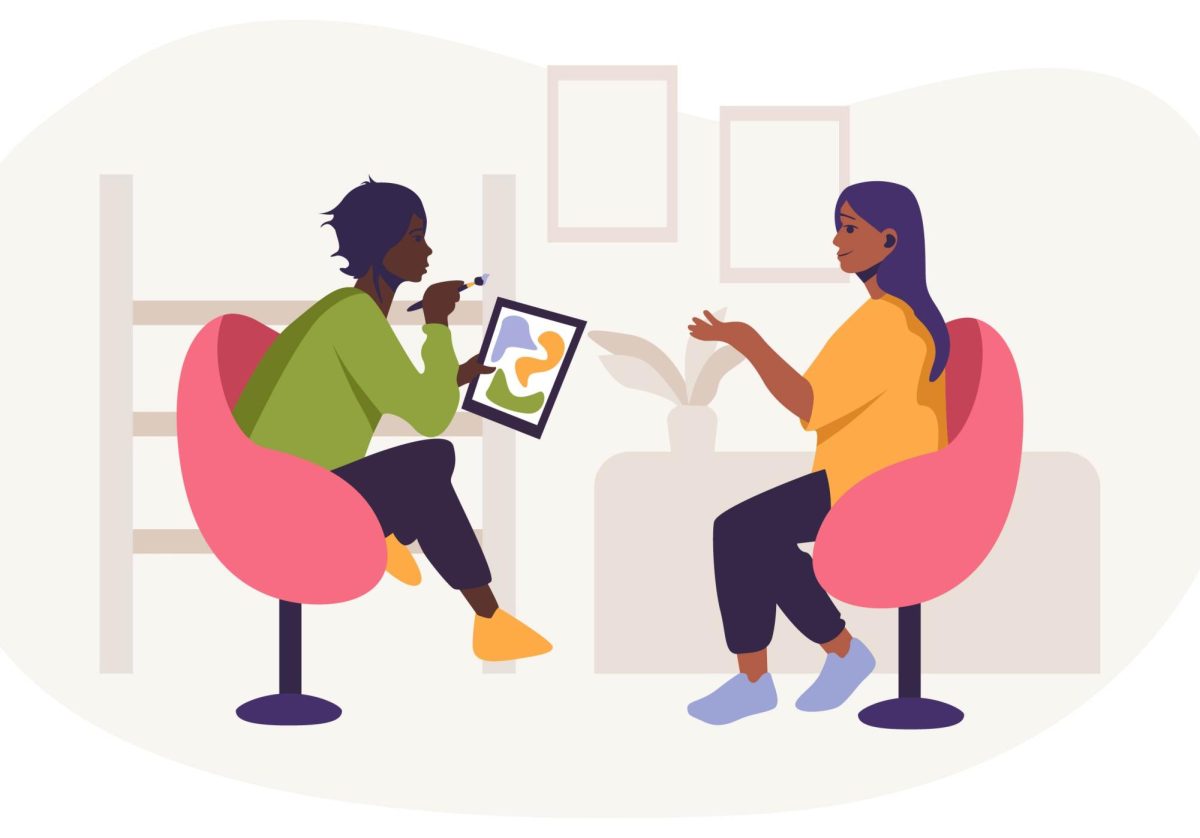Facebook has been nibbling away at usersâÄô privacy for quite some time, notably ruining one-night-stands for good (if real names are exchanged) and destroying blissful parental ignorance of just what happens when college kids hit keggers instead of textbooks. With the way information is constantly shared through multitudes of status updates and photo albums, itâÄôs no surprise that controversial personal information is rather suddenly being discussed. Thousands of gay men and women have used the social information highway to come out to their peers simply through the âÄúInterested inâÄù selection, not to mention that changing a âÄúfavorite musicâÄù selection to Christina Aguilera along with showing up in a few rowdy party pics can speak volumes in their own right. All a social networker can do is sit back and watch as their newly announced (or suggested) sexuality blazes through the newsfeeds of 400 âÄúfriends.âÄù Though the methods of coming out are beginning to change dramatically, they tend to glaze over the experimentation with and discovery of oneâÄôs own sexuality, which has historically been associated with beginning the coming out process. The emotional context is completely removed from the process, though its impact is no less real. The self-exploration and interpersonal dialogue involved in coming out has inspired writers like Dan Savage and Augusten Burroughs, and helped to define the GLBT progression of this century. The new question is whether or not FacebookâÄôs little white checkbox is selling modern youth short. The problem begins with exactly how sexual orientation is defined. Certainly âÄúInterested inâÄù canâÄôt cover the entire spectrum. Facebook could take a note or two from the Kinsey Report, which places heterosexuality and homosexuality on a scale from zero to six. There have been groups that request to make orientation an even more explicit declaration on the social networking site, like a group that proposes a sexuality box to define a student as gay, straight, bisexual or unsure. Their proposition asks users to acknowledge the true fluidity of oneâÄôs sexual identity. A group called âÄú âÄòInterested InâÄô needs changing to Gay, Straight, Bi or UnsureâÄù declares, âÄúWhy not give people the option of stating whether they are gay, straight, bi-curious, open minded … whatever really!âÄù To further complicate this emotional investment, Facebook isnâÄôt exclusively for students (and hasnâÄôt been for a while), so posting sexuality isnâÄôt typing it into a secluded world of liberal, open-minded students, but is communicating with a living breathing world full of aunts, uncles and parents. On openness, Facebook investor Peter Thiel told GQ, âÄúThere really is a generational divide, where younger people in the U.S. are generally more open to putting themselves out there. My hope is that weâÄôre going to end up with a far more tolerant society, where the erosion of privacy, to the extent it erodes, will be offset by increased tolerance.âÄù Whether we admit it or not, Facebook is intrinsic to this generationâÄôs modes of social interaction, capturing many of the defining moments in our lives. Coming out is another way to create space for oneself on the big, developing world of the Internet.
Interested in: coming out on Facebook
As Facebook gains momentum, sexuality becomes more open … and more complicated.
Published January 22, 2009
0
More to Discover







